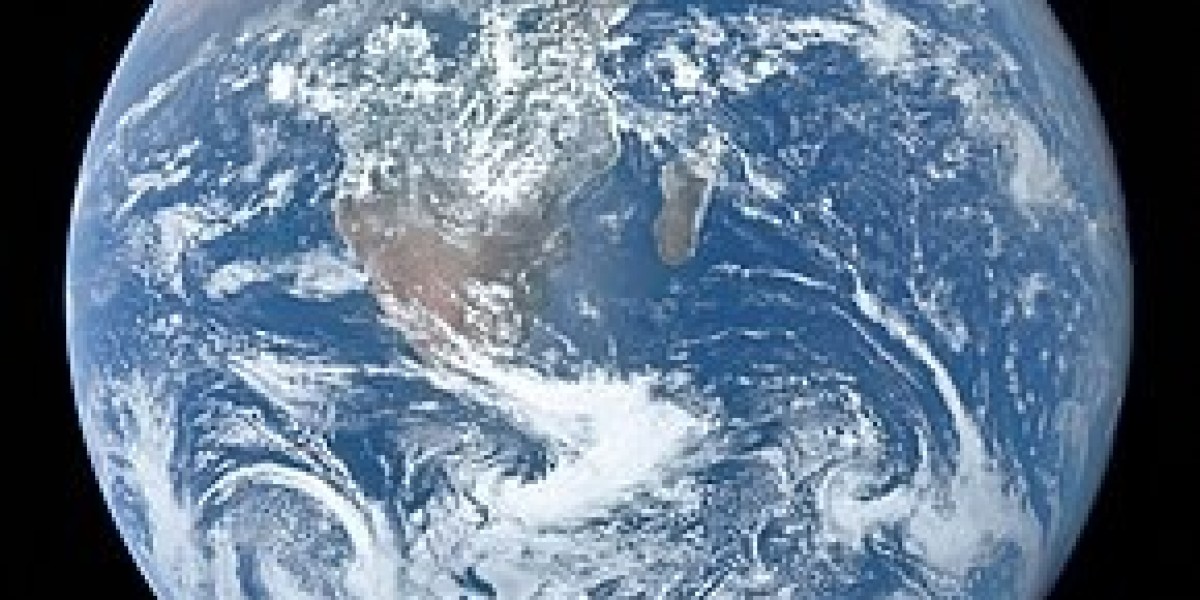From economic disparities to environmental crises, the difficulties faced by individuals and communities can be overwhelming. This article explores some of the harsh realities of the world, BOY303 shedding light on the struggles many endure and the resilience required to navigate these challenges.
1. Economic Inequality
One of the most pressing issues in the world today is economic inequality. The gap between the rich and the poor continues to widen, leading to significant disparities in access to resources and opportunities. Key points include:
Wealth Distribution: A small percentage of the population holds a disproportionate amount of wealth, while millions live in poverty. This inequality affects access to education, healthcare, and basic necessities, perpetuating cycles of disadvantage.
Job Insecurity: Many individuals face precarious employment situations, with low wages, lack of benefits, and job instability. The gig economy, while offering flexibility, often leaves workers without job security or adequate protections.
2. Environmental Challenges
The planet is facing unprecedented environmental challenges that threaten the well-being of all living beings. These challenges include:
Climate Change: Rising global temperatures, extreme weather events, and shifting ecosystems are direct consequences of climate change. Vulnerable communities often bear the brunt of these impacts, facing displacement, food insecurity, and health risks.
Resource Depletion: Overconsumption and unsustainable practices have led to the depletion of natural resources, including water, forests, and biodiversity. This not only threatens ecosystems but also jeopardizes the livelihoods of those who depend on these resources.
3. Social Injustice
Social injustices continue to plague societies around the world, manifesting in various forms:
Discrimination and Prejudice: Many individuals face discrimination based on race, gender, sexual orientation, or socioeconomic status. This systemic inequality limits opportunities and perpetuates social divides.
Violence and Conflict: Armed conflicts, civil unrest, and violence disrupt lives and communities. Millions are displaced from their homes, leading to humanitarian crises and a growing refugee population.
4. Health Disparities
Access to healthcare is a fundamental human right, yet many individuals face significant barriers:
Healthcare Access: In many regions, especially in low-income countries, access to quality healthcare is limited. This results in preventable diseases, high mortality rates, and inadequate maternal and child health services.
Mental Health Stigma: Mental health issues are often stigmatized, leading to a lack of support and resources for those in need. The pressures of modern life can exacerbate mental health challenges, yet many suffer in silence.
5. The Impact of Technology
While technology has the potential to improve lives, it also presents challenges:
Digital Divide: Access to technology and the internet is not universal. Those without access are at a disadvantage in education, job opportunities, and information, further entrenching inequality.
Cybersecurity Threats: As society becomes increasingly reliant on technology, the risks of cyberattacks and data breaches grow. Individuals and organizations must navigate the complexities of digital security to protect their information.
6. Resilience and Hope
Despite the harsh realities of the world, human resilience shines through. Communities and individuals are finding ways to adapt, advocate, and create positive change:
Grassroots Movements: Social movements and grassroots organizations are working tirelessly to address issues of inequality, environmental degradation, and social justice. These efforts empower individuals to take action and demand change.
Innovation and Collaboration: Innovative solutions and collaborative efforts are emerging to tackle global challenges. From sustainable practices to technological advancements, there is hope for a better future.
7. Conclusion
The world can be a harsh place, filled with challenges that test the limits of human endurance. However, it is also a realm of resilience, hope, and the potential for change. By acknowledging the harsh realities and working collectively towards solutions, individuals and communities can strive for a more equitable, sustainable, and compassionate world. Embracing empathy, understanding, and action is essential in navigating the complexities of our shared existence.









